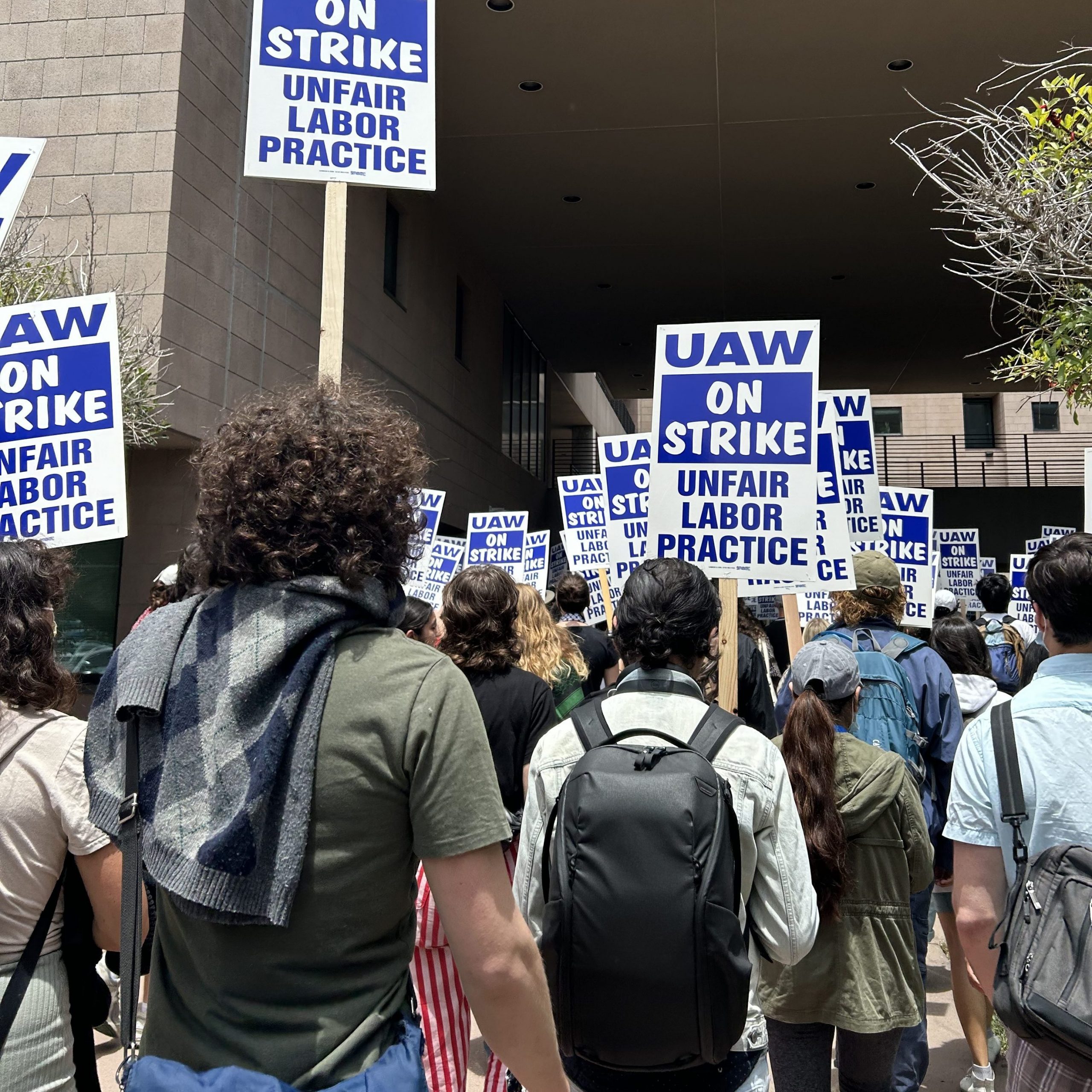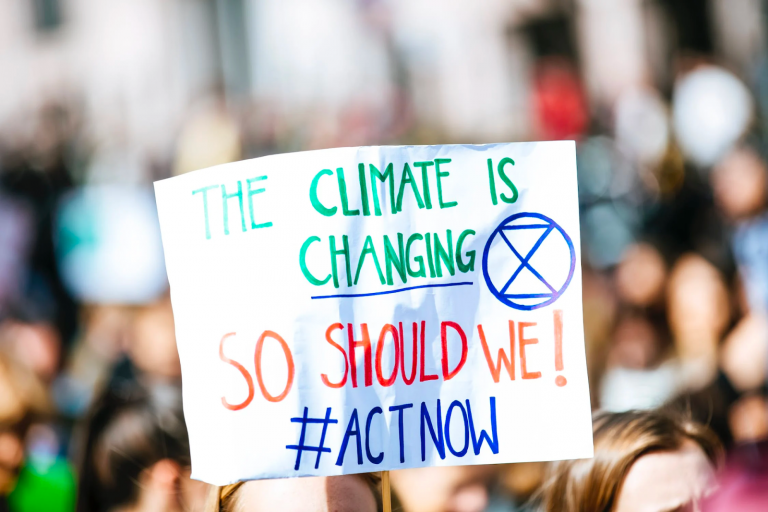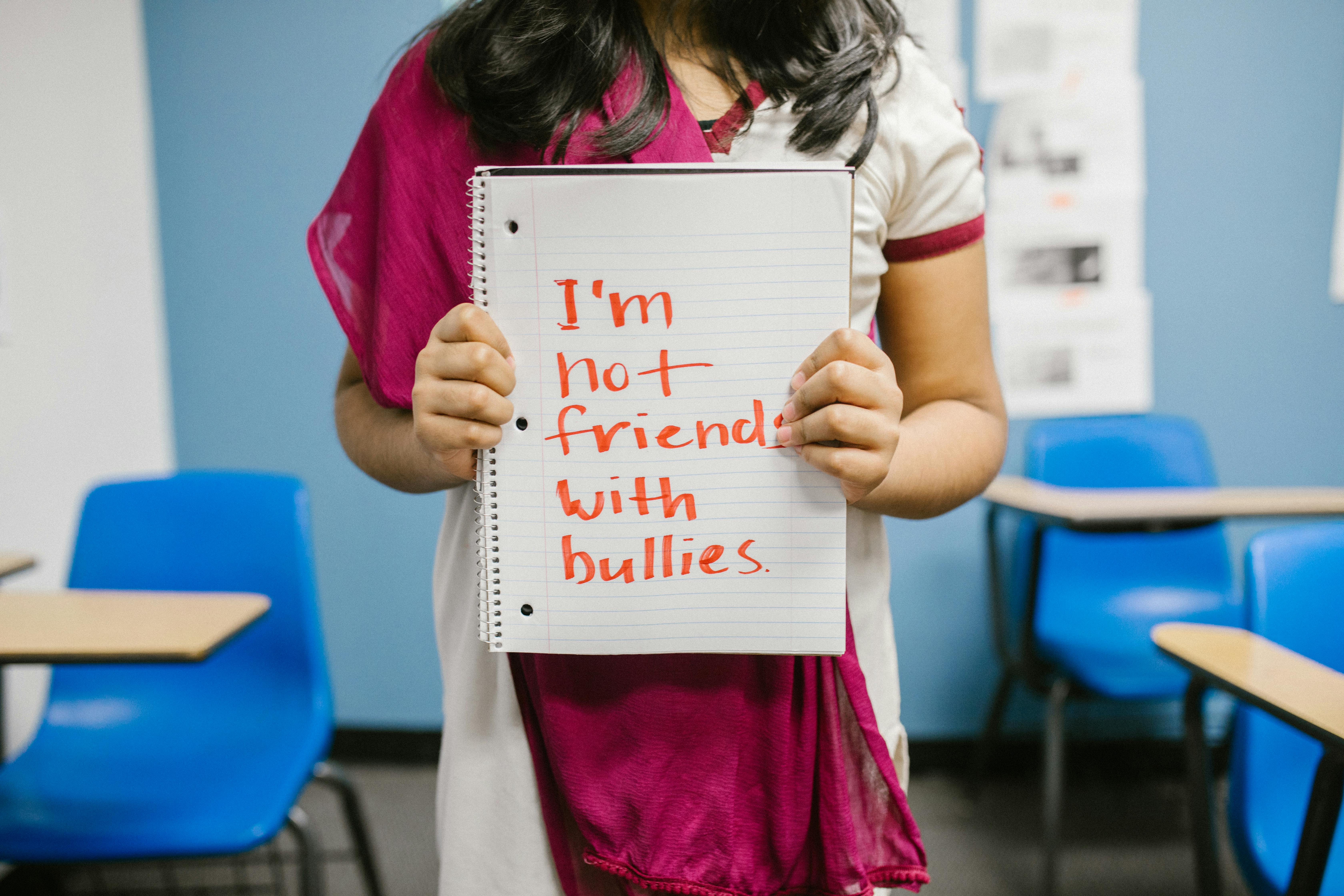How the Collective Strategy in Unions Benefit Democracy

Why do we need Unions?
The power of unions comes from the collective strength of the laborers. Workers in a company will join together to negotiate for higher wages, better working conditions, or because of an abusive manager. This union acts as the voice in the workplace, giving itself strength through numbers.
The threat of striking influences companies to make it against their contract to unionize, as it interrupts the workplace’s progress in order to be heard. Many companies threaten loss of work hours, enforcement of stricter rules, or firing from the job to discourage a union strike. Fortunately, the National Labor Relations Board has taken action to protect union workers from many of these threats. Although they are protected, companies will still subtly attempt to stop unions and strikes at all costs.
In the University of California (UC) system, graduate students work as researchers and teacher assistants, allowing the university to obtain funding from research grants and keep a stable teacher-student ratio. Before being employed, they must sign a contract that attempts to take away their right to strike. The UC also has a contract made to protect workers from harm or discrimination.
But what happens when the school breaks the contract in place to protect workers?
How did the University of California Break the Contract?
During a peaceful student protest on May 1, 2024, academic workers, professors, and teacher assistants decided to join the protest to assist their students. The Los Angeles Police Department was called to arrest the University of California, Los Angeles (UCLA) protestors demonstrating their First Amendment rights.
Before the arrest, counter-protestors invoked violence against workers and students. The school was unresponsive to such acts, leading to the harming of the peaceful protestors. The UC’s failure to respond caused outrage, as allowing the harm to go on uninterrupted broke the academic worker contract. Thus, the United Auto Workers 4811 (UAW), a graduate student union for the UC schools, responded by filing Unfair Labor Practice charges against UCLA. Along with this, decided to halt working for the University until June 30th.
In an interview with an anonymous teacher assistant and instructor, they addressed how the UC is considering the strike to be illegitimate and believes that workers just want to get out of work. This tactic is used in many other companies in an attempt to divert attention from an abusive workforce and push a negative agenda on the union. Their response shows a lack of care not only for their workers but also their students’ safety.
Why Does the University of California’s Response Matter?
Their refusal to directly respond to the contract they’ve broken has allowed them to persuade the population to believe teacher assistants are responding unlawfully. The anonymous instructor insisted that faulty communication affects students opinions, as the UC is often biased and lacks accurate information for them.
This lack of communication paints teacher assistants as lazy workers, yet fails to respond to the issue at hand. Their use of police force highlights their tendency to hide behind power and remain uncommunicative but still combative.
The UC considers participating in the protest as contract breaching. What the UC fails to consider is the First Amendment right to peacefully protest. Unions are made to protect workers from harm, yet strong entities such as the UC system seemingly disregard this and take their own charge.
This breach in the First Amendment can strike fear into young adults, affecting the way they view the protection of our rights. Peaceful protesting is a right given to all, yet the universities respond with retaliation, and this attack on unity shows a hostile response to the strength of the communities’ voices.
What will happen when laborers lose their voice? Will democracy falter in the face of authority?



